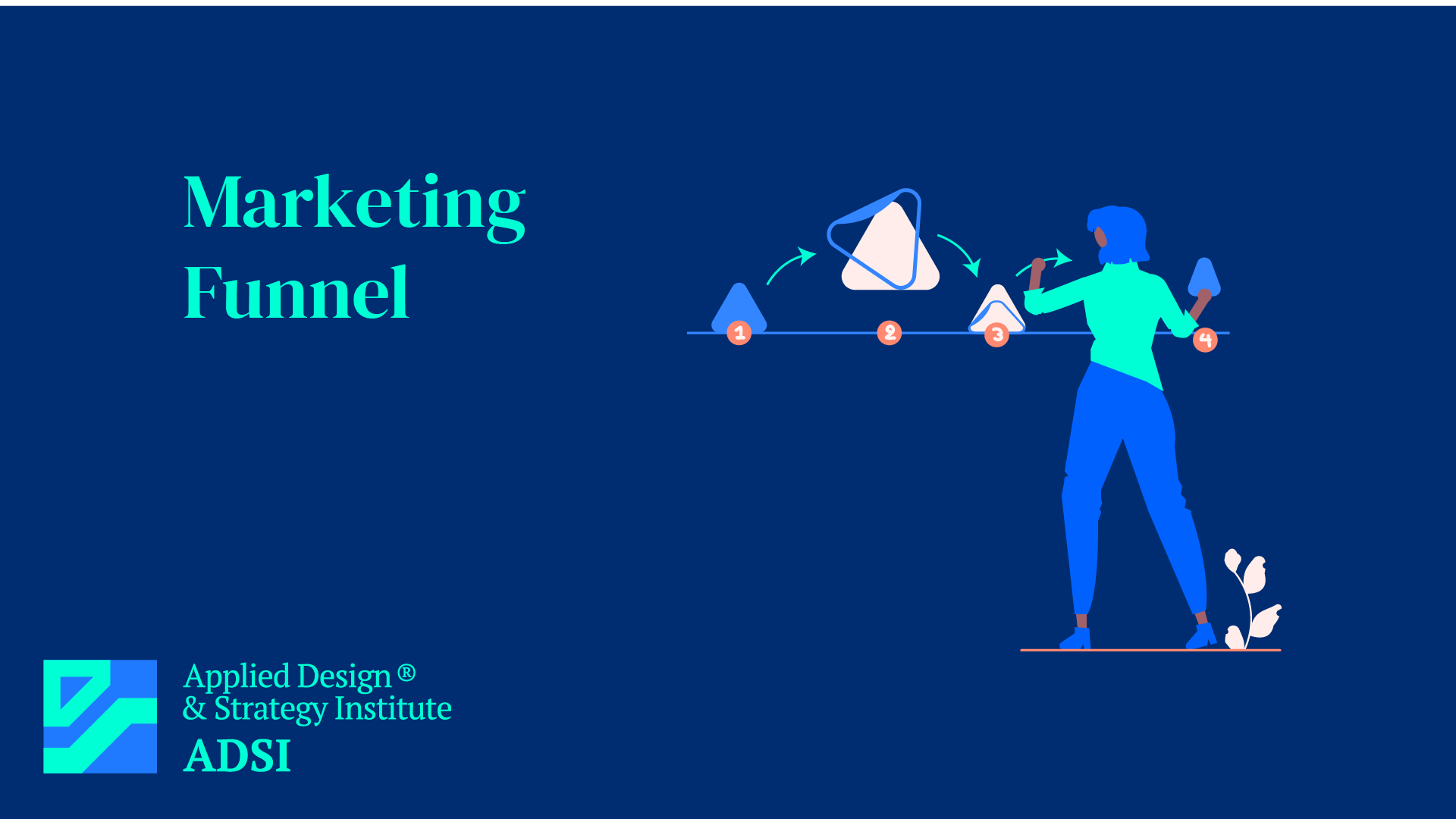Marketing Funnel
Introduction to the Marketing Funnel
The marketing funnel is a model that illustrates the theoretical customer journey towards the purchase of a product or service. It helps businesses understand and strategize the process of turning prospects into customers by mapping out different stages of the buyer’s journey.
Stages of the Marketing Funnel
- Awareness: Potential customers become aware of a product or service.
- Interest: Prospects demonstrate interest and seek more information.
- Consideration: They evaluate the product/service against their needs and preferences.
- Intent: Showing intent to purchase or taking actions that lead towards it.
- Evaluation: Decision-making process where they weigh the pros and cons.
- Purchase: Final action of buying the product or service.
Importance of the Marketing Funnel
Understanding the marketing funnel enables businesses to:
- Tailor marketing strategies to different stages of the customer journey.
- Identify areas where potential customers drop out and improve strategies accordingly.
- Enhance customer engagement and conversion rates.
Applying the Marketing Funnel
Effective use of the marketing funnel involves:
- Creating targeted content and marketing campaigns for each stage.
- Analyzing customer data to understand behavior at each stage.
- Continuously refining strategies based on performance metrics and feedback.
Challenges with the Marketing Funnel
Some challenges include adapting to the non-linear nature of modern customer journeys and ensuring consistent engagement across all funnel stages.
Evolution of the Model
The traditional marketing funnel has evolved with digital marketing, becoming more complex and customer-centric. Concepts like the marketing flywheel focus on the continuous engagement and nurturing of customers, even after purchase.
Conclusion
The marketing funnel is a foundational concept in marketing strategy, providing a framework for understanding and influencing the customer journey. While it has evolved, its core principles remain crucial for effective marketing and customer relationship management.



Leave a Reply